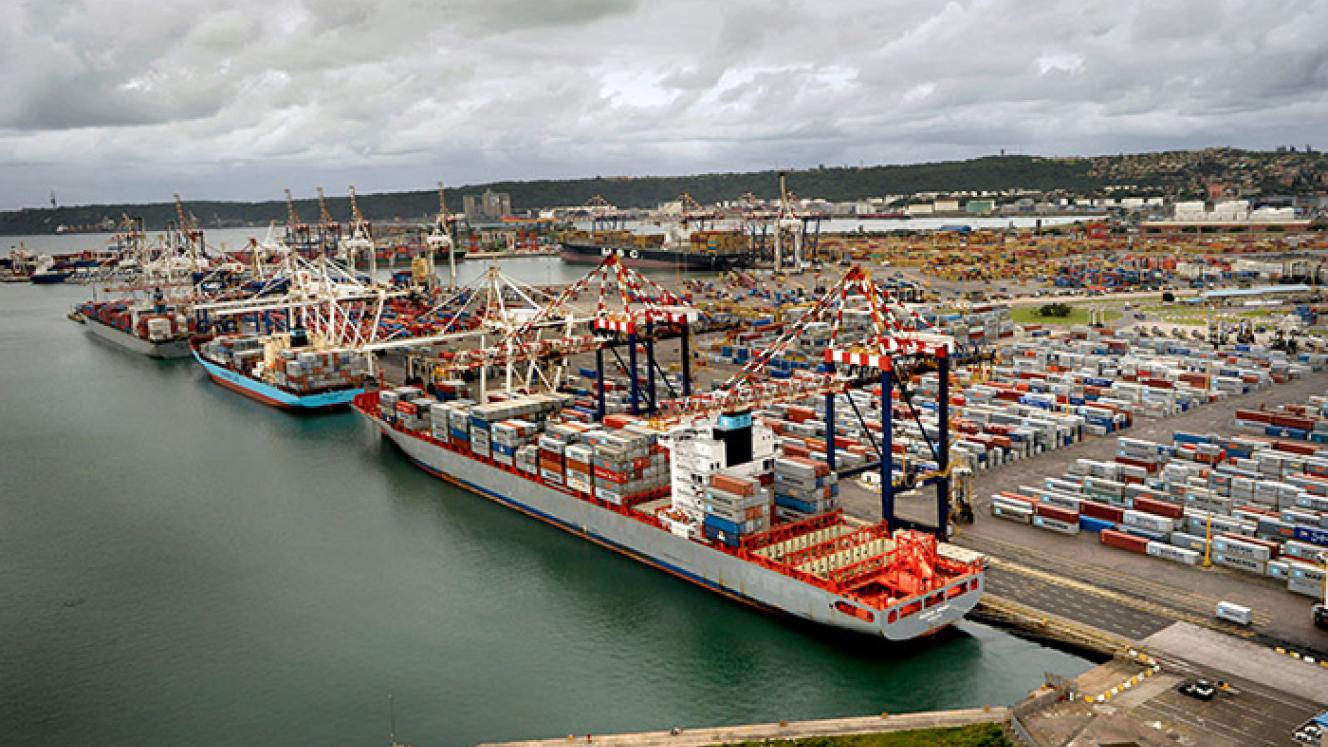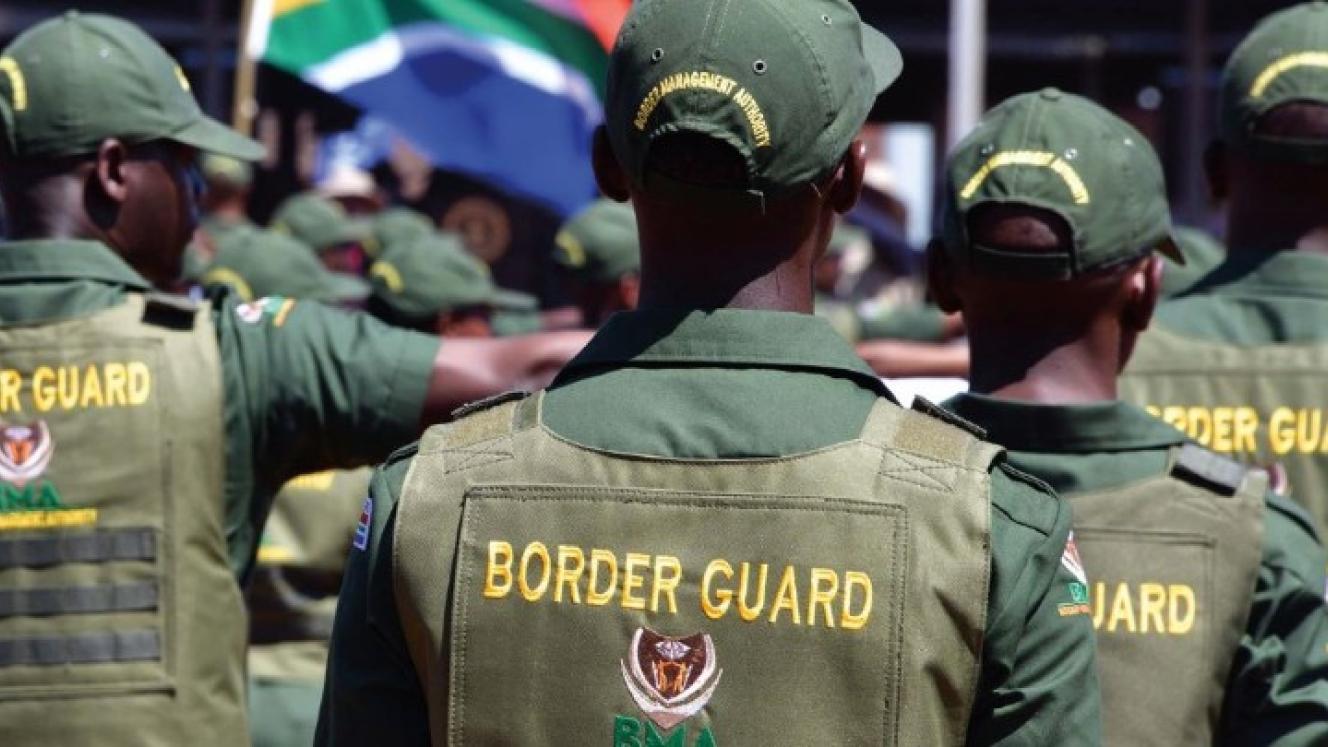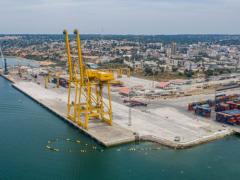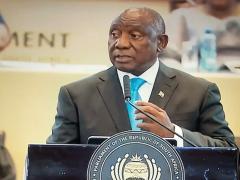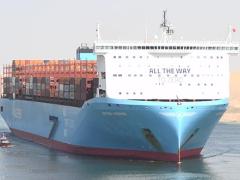South Africa’s trade union wage negotiations with Transnet reached a deadlock this week, leading to the unions threatening that port workers will be forced to strike if their demands are not met.
Transnet SOC spokesperson Ayanda Shezi said in a statement on Friday that both the SA Transport and Allied Workers Union (Satawu) and the United National Transport Union (Untu) had reached a deadlock in wage negotiations on Wednesday. The parastatal has been in wage negotiations with the unions since May.
“After three rounds of negotiations, the parties deadlocked, which resulted in the two unions referring a dispute to the Transnet Bargaining Council for resolution. A conciliation meeting was held on August 24 and 25, during which management formally presented labour with its offer,” Shezi said.
Transnet offered workers an increase of 1.5% on all pensionable elements of remuneration, which did not include an increase in the medical aid subsidy and housing allowance. There would also be no forced retrenchments during the currency of the agreement, but Transnet would “reorganise, redeploy and reskill employees who might be affected by positions that no longer exist”.
The parastatal also proposed that it would implement “unique and tailored productivity incentive schemes” for bargaining unit employees, with potential earnings of up to 16% of basic earnings, in addition to the negotiated salary increase. The effective date of this scheme would be April 1, 2022.
“While management has revised its initial offer, the unions have not offered a revised proposal. Their position remains unchanged from the previous rounds of wage negotiations, with a demand for a 12% increase on annual guaranteed pay, as well as other demands which add up to a total increase in labour costs of 21%,” Shezi said.
“Transnet’s offer, which the company believes is reasonable and fair, takes into account affordability and the company’s current liquidity position. Transnet’s wage bill in the 2021 financial year was 61% of operating expenditure, which is unsustainable.”
The parastatal was implementing initiatives intended to improve operational and financial performance, and ensure business sustainability, she added.
“It is unfortunate that the parties could not reach an amicable settlement and that a dispute certificate has now been issued by the Transnet Bargaining Council. Transnet remains committed to continuing engagements with the unions to resolve the dispute and reach an amicable settlement.”
Satawu general secretary Jack Mazibuko said the employer had “insulted” workers with its latest offer, and negotiations had been continually postponed.
“During the negotiations, Satawu mentioned a few challenges that our members and workers are facing in this country such as the high cost of living, medical aid expense, housing allowance, and fuel hikes,” he said. The union’s demands currently include an increase of the night shift and standby allowance to R15 and R10 per hour respectively, 13.6% across-the-board salary increase, including all allowances, the removal of the overtime cap, an increase in the housing subsidy, and a R2 500-a-month increase in the medical aid subsidy.
“Regrettably, the employer could not meet our demands…we felt insulted by the employer, we were then forced to ask the commissioner to issue a certificate of dispute for us and our members to be able to conduct a legal and protected strike,” Mazibuko said.
“Satawu wants to emphasise that going on strike is not our priority, however at this stage the employer is forcing us to go through that route. We however wish to clarify that while the certificate has been issued by the commissioner, there is still a 30-day period of negotiation continuity, and as Satawu our door is still open to sit down with the employer with a better and a meaningful offer.”
